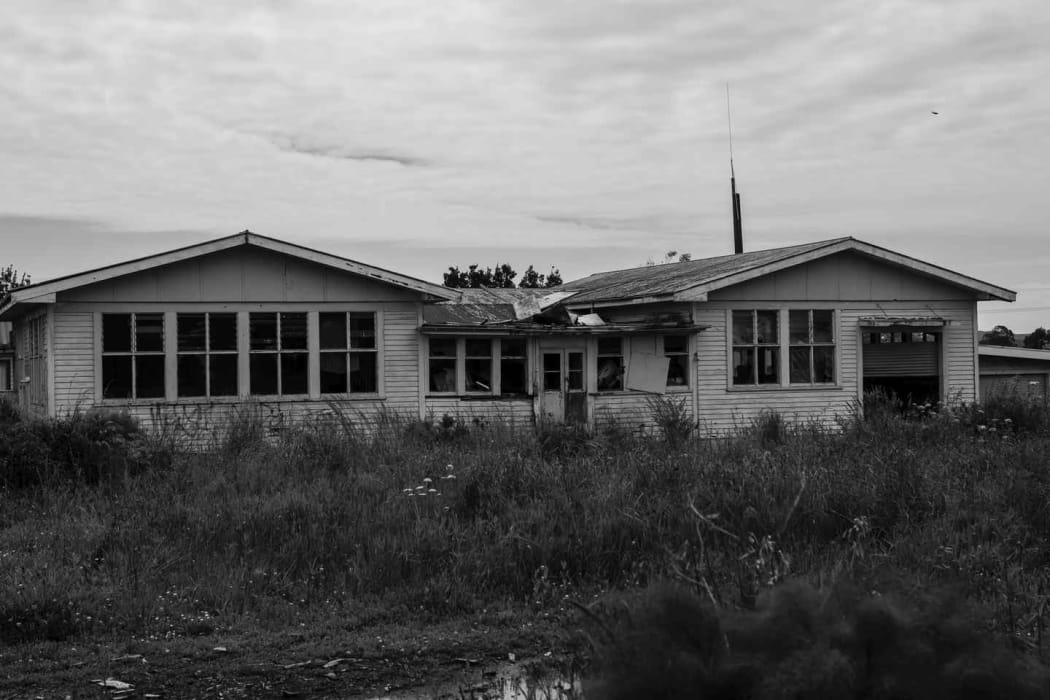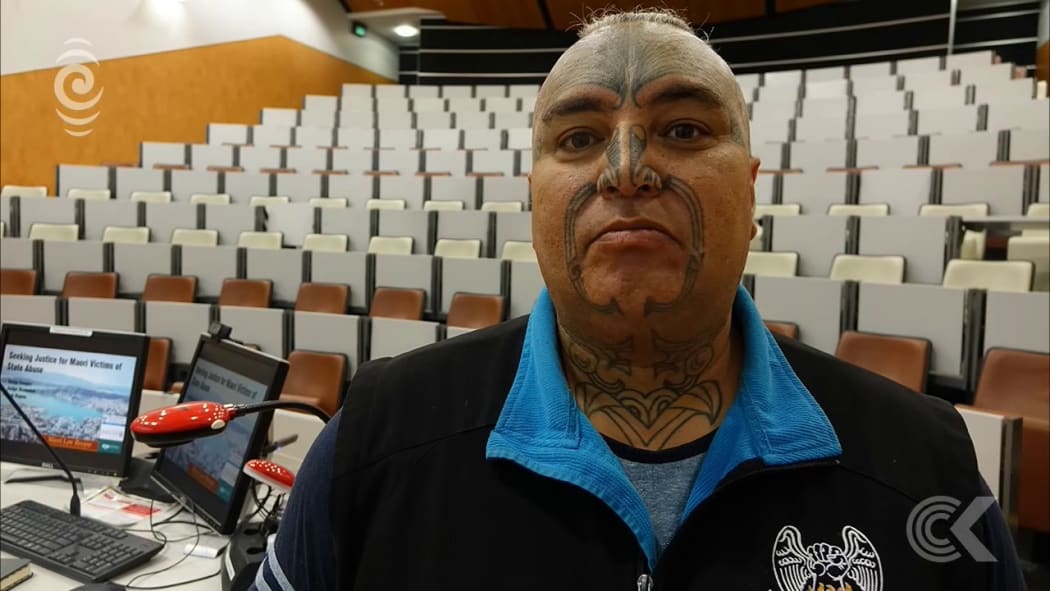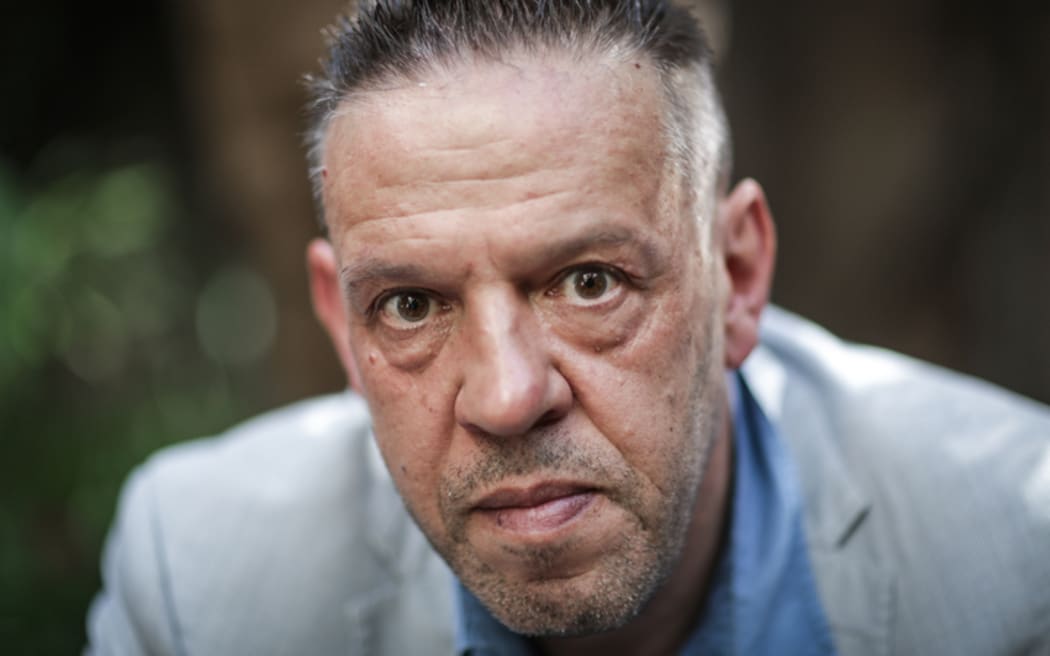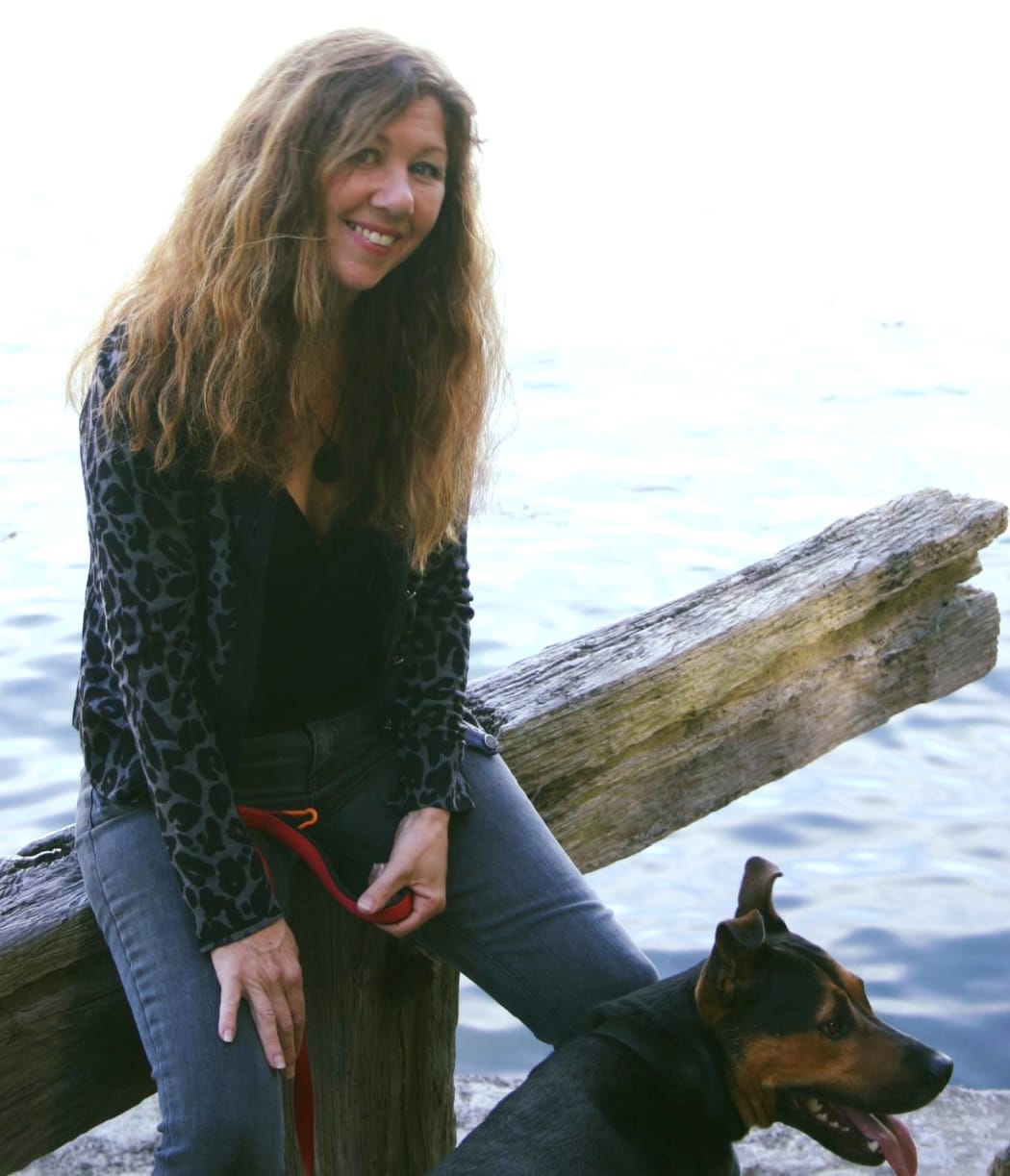Thousands of New Zealanders want an inquiry into historic abuse of children in state care.

Kohitere Boy's Training Centre in Levin was one of the main welfare institutions that has been the subject of complaints. Photo: Aaron Smale/RNZ
When Eugene Ryder was barely a teenager, a grown man broke a rake over his back.
This was one of the many assaults - "corporal punishment, as it was known in those days" - the young man endured as a ward of the state in the early 1980s. His assailant was a staff member at a children's residential facility, entrusted with the care of the thousands of boys who passed through its doors.
The rake, Eugene says, wasn't the worst of it.
"When it broke, he kept the handle. He would use that as a tool for abuse - physically and sexually.
"It would scare the shit out of us. I'd run away every time I knew that guy was on duty. The police would pick me up and I would be screaming and crying, begging them not to take me back there."

Eugene Ryder says abuse was rife and boys were ordered to bash each other. Photo: Erin Kavanagh-Hall/The Wireless
‘THEY DESERVED BETTER’
This afternoon, Eugene will be joining other former state wards and children's home alumni on the steps of Parliament. There a petition will be presented that urges the Government to conduct a Commission of Inquiry into historic abuse of children under state care between the 1940s and 1990s.
The ActionStation petition, supported by the Human Rights Commission, comes on the heels of testimony from over a thousand New Zealanders who participated in a Confidential Listening and Advice Service, sharing their experiences in foster care, children's homes, borstals, health camps and asylums.
The report by Service chair Judge Carolyn Henwood makes for grim reading, with participants speaking of repeated rapes by foster fathers, electroconvulsive therapy as punishment, solitary confinement, beatings with fists, feet and weapons, and being made to fight for the amusement of boys' home staff.
Though both Judge Henwood and the Human Rights Commission have called for the Government to launch an inquiry and make a public apology, Prime Minister Bill English has so far refused to commit to either.
The ActionStation petition was started by Christchurch woman Anneleise Hall, herself a survivor of childhood sexual abuse, who will be handing over both the petition and an open letter, which have attracted more than 15,000 signatures between them.
Anneleise, who was inspired to create the petition after reading Judge Henwood's report, said an inquiry is needed to identify the "systemic failures" which allowed children to be victimised, and make improvements to protect future generations.
"This should never be allowed to happen again," she said.
"I can't believe people aren't outside Parliament with torches and pitchforks, knowing their taxpayer dollars allowed children to be raped, bashed and terrorised. We're talking about people who were beaten so badly they now have brain damage, who have permanent physical injuries from years of sexual abuse - all in institutions paid for by the state.
"We have to do the right thing by these people - they deserved a hell of a lot better."
MORAL OUTRAGE
It is estimated around 100,000 children were removed from their families and placed in state-run institutions between the end of World War II and 1992. By 1980, 26 residential homes had been established throughout New Zealand - Epuni, Wesleydale, Hokio, Kohitere and Owairaka, to name a few.
Author and journalist David Cohen, who spent time at Epuni Boys Home in Lower Hutt as a teen, said the increase in children's institutionalisation arose out of a "moral panic" amongst New Zealanders following the Parker-Hulme murders, and the "Petone Incident" - where a 15-year-old confessed teenagers were meeting at a local milk bar for "sexual purposes".
"There was a lot of scandal around milk bars in the Hutt in particular. People were clutching their petticoats at the thought of boys touching a girls' breasts while out on a date," Cohen said.

Writer David Cohen spent time Epuni Boys Home in Lower Hutt. Photo: Supplied
The Mazengarb Report of 1954 raised further fears of youth misbehaviour and "sexual indecency." Communities were encouraged to keep a look out for delinquents in their midst. Fuelling the fire was the increased urbanisation of Maori following WWII, with Maori children often targeted by authorities for minor offences, such as truancy. And so, Government intervention increased.
Cohen, whose book Little Criminals explores the history and practices of Epuni Boys Home, said many of the institutions were originally run by "well-educated, benevolent types". However, when recruiting staff, there were few checks and balances.
"You could walk in off the street and get a job. You could be a baker in Petone one minute, and working as a house master at Epuni the next.
"Plus, the homes were a magnet for paedophiles. It was a recipe for trouble."
CULTURE OF VIOLENCE
For boys' home "graduates" Cohen and Eugene, violence became a way of life as soon as the cell doors shut behind them.
Eugene was in state care from age 11 to 16, shunted between various boys' homes, foster parents, and a Salvation Army home. In each supposed "safe place", abuse was commonplace - physical and sexual.
"I ran away as often as I could. I requested my files under the Official Information Act. I found a report one of staff had written about me. I'd run away, and he said I'd been disruptive and attacked a staff member. He said he managed to subdue me, and everything was okay.
"If you replace subdue with abuse … yeah that's what happened. That was how us boys learned about sex - we certainly didn't learn about it at school. But we knew it was wrong."
He said the staff would often order the boys to "bash each other - otherwise [they'd] get the bash from the adults".
"But it was normal. Violence was how you sorted shit out. We even looked forward to it - the victims became the victimisers. And the tougher you appeared, the better off you'd be."
The environment at Epuni was similar, Cohen remembers - especially in the 1970s, when the home was opened to boys who had been through the court system.
"It was certainly intimidating. You had boys needing shelter who'd been abandoned by their families mixed in with those who were part of the Mongrel Mob, or who had been convicted of rape.
"Back then, if you were a man, you settled everything with your fists. You had boys from rough homes, with no male role models, all cooped up together - yeah, there was physical force. You just live in the moment, and accept it as the norm."
And it was not only the boys' bodies that were damaged - Judge Henwood's report found their education had been sorely neglected while in the homes. One of Cohen's clearest memories of Epuni was the lack of books.
"I was a vociferous reader at that age. I found it boring, not to mention bewildering. Instead, we spent our days pushing mops back and forth and peeling potatoes."
When asked why such treatment of young people was acceptable, Cohen answers simply: New Zealand is a violent society.
"We have a very punitive culture. We like to punish 'bad' people. New Zealanders supported the public flogging of homosexuals. We brought back the death penalty in the 1940s to make sure a young teen got strung up.
"Even recently, in the last [anti-smacking] referendum, 90 percent still wanted the right to smack their kids."
LIFE AFTER THE INSTITUTION
Cohen is one of the lucky ones. He began journalism career in his late teens, in an age where reporters were trained on the job. But, "the institutions spat out thousands of people who didn't go on to lead full and enjoyable lives."
For those who spoke with the Listening and Advice Service, the effects of abuse lingered long after they were exited from state care. Many reported suffering post-traumatic stress disorder, battling addictions, and turning to crime.
Eugene knows this path well - when he left state care, it wasn't long before he ended up in prison, where he remained for four years.
However, his father's death was a catalyst for change.
"Dad died in a cell at Paremoremo Prison. I was in Mount Crawford, my brother was in Mount Eden, one sister was in Arohata, another one was at Paparua.
"We'd been a family of inter-generational institutionalisation. I thought 'this is dumb, it needs to change'. I got my ta moko, and vowed it would end there."
Eugene found fellowship with Black Power, and his since dedicated his life to helping members gain employment, stay drug- and crime-free, and become better parents. He credits his wife for helping "learn new ways of coping with anger".
"I want to put my energy into positive outcomes. As I say to my bros, if you put the same energy you do into crime into your kid's school or their sports team, can imagine how much better your relationship will be?
"I like to think I've been put on this earth to help to stop people ended up in prison, or in the cemetery before their time."
TIME TO STEP UP
But before further abuse can rob New Zealanders of their lives and freedom, an inquiry is desperately needed, presenter Anneleise said.
"We don't yet know the full scale of what happened, or how many more lives have been affected. But we need to put new processes in place, otherwise we're sentencing our children to much worse."

Anneleise Hall started a petition calling for a commission of inquiry. Photo: Supplied
Cohen also supports an inquiry - and notes investigations into similar abuses in Australia, Canada and Ireland have brought redress to the victims.
Eugene said he isn't confident an inquiry will take place. He believes it is our communities' responsibility to help keep children safe - and prevent state intervention wherever possible.
"When they were setting up the new Ministry for Vulnerable Children, iwi groups said they would partner up with the Ministry to make sure children were placed in safe homes.
"I thought, why wait for CYFS to get involved? If you see a family that's struggling, help them out. Our iwi have money - they can make sure our kids are fed and clothed.
"When we were young, the state replaced our kaumatua and kuia, who would have raised us. Now, our communities need to step up, work with families, and replace the state."

